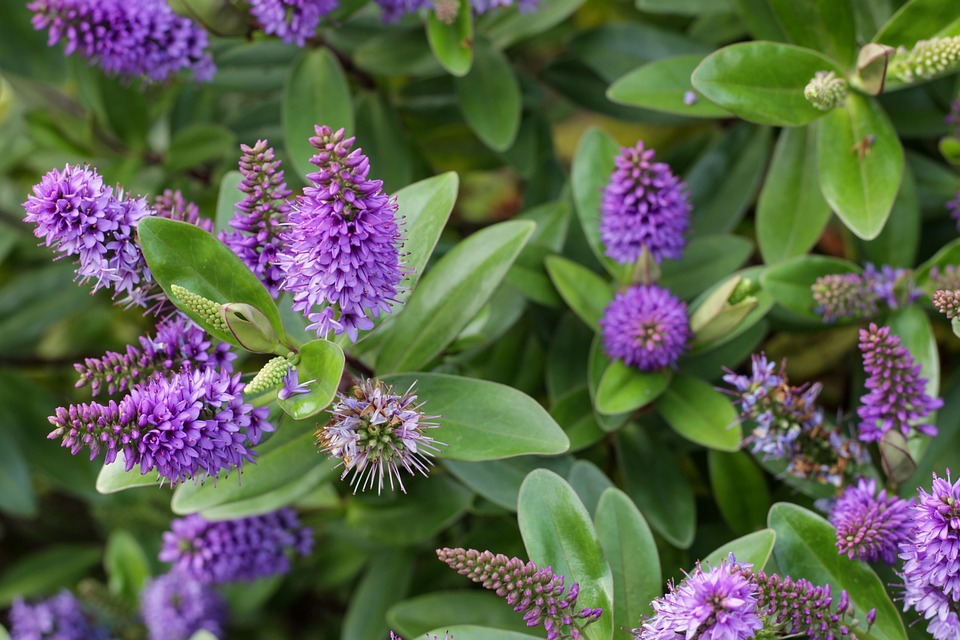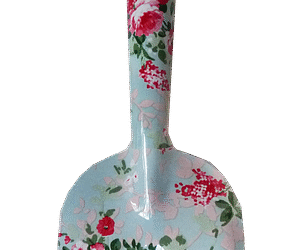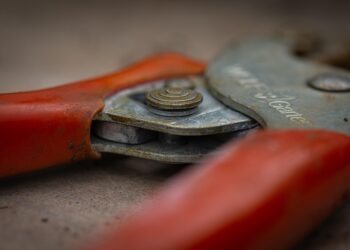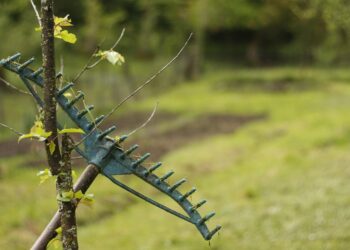Dirt Matters: Essential Tools for Perfecting Your Soil
When it comes to gardening, the quality of your soil can make all the difference. Healthy soil is the foundation for a successful garden, providing essential nutrients for your plants to thrive. In order to achieve optimal soil health, it’s important to have the right tools at your disposal. In this article, we will discuss some essential tools for perfecting your soil and creating a flourishing garden.
Why Soil Quality Matters
Before we delve into the tools needed to improve your soil, let’s first understand why soil quality is so important. Soil is not just a medium for plants to grow in – it is a complex ecosystem teeming with life. Healthy soil contains a balance of minerals, organic matter, and beneficial microorganisms that work together to support plant growth. When soil is depleted or imbalanced, plants struggle to thrive and may be more susceptible to pests and diseases.
By focusing on improving your soil quality, you can create a healthy and vibrant garden that produces abundant harvests. The key is to provide your plants with the nutrients and support they need to flourish, and this starts with the soil.
Essential Tools for Perfecting Your Soil
Now that we understand the importance of soil quality, let’s discuss some essential tools for improving and perfecting your soil:
1. Soil Test Kit
Before you can effectively improve your soil, you need to know what you’re working with. A soil test kit is an essential tool for assessing the pH level and nutrient content of your soil. By testing your soil, you can determine what amendments are needed to create an optimal growing environment for your plants.
2. Garden Fork
A garden fork is a versatile tool that can help you aerate your soil, break up compacted areas, and incorporate amendments such as compost and fertilizer. By loosening the soil with a garden fork, you create space for roots to grow and access nutrients more easily.
3. Compost Bin
Compost is a valuable resource for improving soil health, providing essential nutrients and organic matter that plants need to thrive. A compost bin allows you to recycle kitchen scraps and yard waste into nutrient-rich compost that can be added to your soil to improve its structure and fertility.
4. Mulch
Mulch is another essential tool for perfecting your soil, helping to retain moisture, suppress weeds, and improve soil health. By applying a layer of mulch around your plants, you can protect the soil from erosion, maintain a consistent moisture level, and provide a habitat for beneficial organisms.
5. Hand Trowel
A hand trowel is a small, handheld tool that is ideal for planting, weeding, and cultivating soil in small spaces. With a hand trowel, you can easily dig holes for planting, remove weeds, and loosen soil in tight areas where a larger tool may not be practical.
Common Questions About Soil Improvement
As you work to perfect your soil and create a healthy garden, you may have some common questions about soil improvement. Here are a few questions that gardeners frequently ask:
1. How often should I test my soil?
It’s a good idea to test your soil at least once a year to monitor changes in pH and nutrient levels. If you notice any issues with your plants, such as yellowing leaves or poor growth, it may be a sign that your soil needs to be tested and amended.
2. What is the best type of compost to use?
There are many different types of compost available, including homemade compost, commercial compost, and composted manure. The best type of compost to use will depend on your specific gardening needs and the types of plants you are growing. Experiment with different types of compost to see what works best for your soil and plants.
3. How can I improve clay soil?
Clay soil can be challenging to work with, as it tends to be heavy and poorly drained. To improve clay soil, you can add organic matter such as compost, peat moss, or shredded leaves to help break up the clay and improve drainage. Regularly adding organic matter and aerating the soil can help to gradually improve clay soil over time.
Conclusion
Creating healthy soil is essential for a successful garden, providing the foundation for your plants to thrive. By using the right tools and techniques to improve your soil, you can create a vibrant and productive garden that produces abundant harvests. Remember to regularly test your soil, add organic matter such as compost and mulch, and provide your plants with the nutrients they need to flourish. With a little effort and the right tools, you can create a garden that is truly a joy to behold.





















































